We all want to make more sustainable choices but would you consider ditching the disposable for good and making the switch to plant-based nappies?
Parenting can so often feel at odds with living an environmentally conscious life. For starters, your little one will go through more clothes, bottles, and toys than most of us would care to admit. Then, there are the countless nappies that are admittedly essential but still make us cringe when we think of where they likely end up.
Each plastic disposable nappy can take up to 500 years to decompose. This is a pretty confronting figure when you consider just how many will end up in landfill. Plant-based nappies offer a sustainable alternative, made from natural materials that can break down in significantly less time than their plastic counterparts without compromising on protection or performance, but not all are created equal! Whilst some eco-nappies claim to be made from naturally sourced materials, many are only 40%-60% biodegradable, so how do you know you are making the right choice?
What Are Plant-Based Nappies?
While most disposable nappies are made of plastic, alternatives like Ecorginals Eco-Friendly Nappies are made with over 90% plant-based materials and can break down in a normal landfill environment. As the world’s first plastic neutral nappy company, Ecoriginals ensure that every layer is naturally sourced, right down to the glue. As no part of the nappy is wrapped in plastic, it is able to biodegrade in optimum conditions in as little as 90 days. When you compare that to the 500 years of a regular plastic nappy it’s pretty impressive!
Unlike many of their competitors, Ecoriginals are transparent about what is in every layer of their eco-friendly nappies, with a corn starch top sheet, FSC wood pulp core, cotton blended waistband, and a 100% cotton back sheet.
In many cases, the opportunity to maximise sustainability with every part of the product is missed, but even the packaging of the Ecoriginals Eco-Friendly Nappies can be composted. If you don’t have composting facilities at home, the packaging provides an excellent solution for used nappies to be wrapped in, further supporting the breakdown of all materials once used. It’s a sustainable parenting dream!
So Why Make The Switch?
If you still aren’t convinced about making the switch to plant-based nappies and worry that they just won’t stack up against their traditional disposable alternative, check out our top reasons why you won’t regret trying them for yourself.
Unbeatable Absorbency
The first concern for many parents when considering making the switch to plant-based nappies is that they just won’t be absorbent enough to ensure comfort and dryness. Ecoriginals Eco-Friendly Nappies are powered by unique Plantcell Technology™ that holds over 900ml of liquid in its core, drawn away from the skin so it stays dry and rash-free. Whilst other brands use a combination of plastic and plant-based materials in their top layer, Ecoriginals cornstarch top layer is gentle on skin for optimum comfort each and every time. Happy bums = happy mums…no one wants to deal with a nasty nappy rash!
Ensures Breathability
While finding a nappy that is absorbent and gentle on the skin is a priority for any parent, choosing one that is also breathable is essential. By selecting natural materials for their plant-based nappies, Ecoriginals ground-breaking products remain breathable and allow effective airflow thanks to the cotton and corn starch top sheet and back sheet. No phthalates. No fragrances. No dioxins. No bleach. No lotions. Non-toxic. Nothing harmful or irritating to delicate skin. Who said you can’t have the best of both worlds? It’s a win-win!
Delivered Right To Your Door!
The best part about making the switch to plant-based nappies is that they are now just as easy to purchase as traditional disposable options – maybe even easier! The Ecoriginals Eco-Friendly Nappies are available in stores and pharmacies around Australia.
They can also be purchased online via the Ecoriginals website as a one-time order, or you can subscribe and save for convenient delivery when you need it right to your door.
With so many reasons to consider trading into your disposable nappies for a world-leading plant-based alternative, try the Ecoriginals Eco-Friendly Nappies for yourself today and take your sustainable parenting to a whole new level! Find out more about Ecoriginals Nappies here.
Would you consider making the switch to biodegradable nappies? Let us know in the comments!
 Mouths of Mums are working together with Ecoriginals to bring you this article. A proudly Australian company, Ecoriginals is led by parents motivated by the desire to do better for earth and child alike. For more information about Ecoriginals products, visit ECORIGINALS. It’s never been easier to buy online and have products delivered straight to your door, with further discounts available on subscription.
Mouths of Mums are working together with Ecoriginals to bring you this article. A proudly Australian company, Ecoriginals is led by parents motivated by the desire to do better for earth and child alike. For more information about Ecoriginals products, visit ECORIGINALS. It’s never been easier to buy online and have products delivered straight to your door, with further discounts available on subscription.
Want to try Ecoriginals for yourself? We’re offering MoM Members 50% off the Ecoriginals Trial Pack.




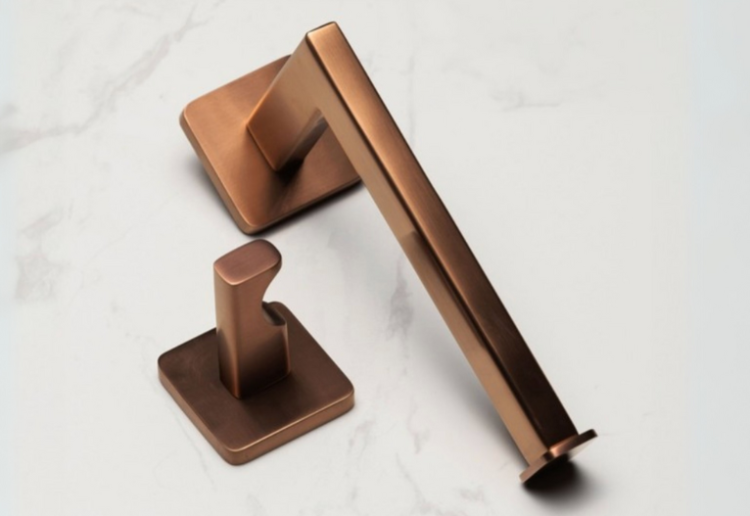


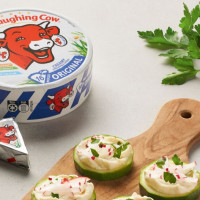
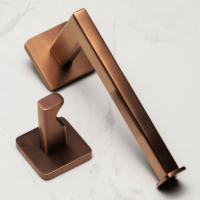
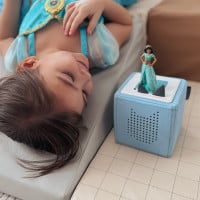




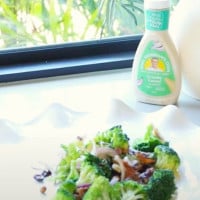

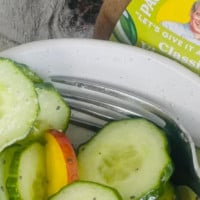



9:03 am
6:35 am
4:31 am
-

-
-
-
Ellen replied
- 20 Sep 2022 , 7:43 am

Reply7:30 pm
-

-
-
-
Ellen replied
- 22 Sep 2022 , 4:26 am

Reply9:29 am
- «
- 1
- 2
- 3
Post a commentTo post a review/comment please join us or login so we can allocate your points.